Description
The prayer book is the work of Khajeh Abdullah Ansari
Abu Ismail Abdullah Ibn Abi Mansour Muhammad (born 2 Sha’ban 396 AH / 385 AH / 1006 AD in the city of Herat, died 22 Dhu al-Hijjah 481 AH / 467 AH / 1088 AD) known as “Pir Herat” and ” Pir Ansar “,” Khajeh Abdullah Ansari “and” Ansari Heravi “, was a Sufi scientist and mystic of Iranian profession. He is a descendant of Abu Ayyub Ansari, who was the companion of the Prophet. His mother was from Balkh, and Abdullah himself was born in Herat, a city in present-day western Afghanistan.
From an early age, he had an eloquent and natural language, as he wrote Persian and Arabic poetry well, and in his youth he was famous for his literary and religious sciences and the preservation of Arabic poetry. In jurisprudence, he followed the method of Imam Hanbal. He was trained by many masters in Sufism and twice visited Sheikh Abolhassan Kharghani. These meetings had a great impact on his mood and character.
He lived mostly in Herat, where he taught and guided until the end of his life. Ansari writes poetry, but most of his fame is due to the famous treatises and books he has written, including the translation of the spelling of the classes of Salmi Sufism into Heravi’s dialect and the interpretation of the Qur’an, which is the basis of Meybodi’s work in Kashf al-Asrar.
Among his prose treatises, which are written in prose prose, are Manajatnameh, Nasayeh, Zad al-Arefin, Kunzalsalkin, Qalandarnameh, Mohabbatnameh, Haftesar, the treatise of the heart and soul, the treatise on import and the theology. The prayer book or theology of Khajeh Abdullah Ansari includes several short and delicate prayers and taken from Ganjoor literary website: An instinctual giver and a benevolent giver, O knower of secrets, O hearer of songs, O seer of prayers, O knower of letters, O conveyer of steps, O knower of pleasures, O knower of truths, O Merciful to the creators of our poverty and accept our excuses and accept us. “Do not blame us for your faults, for you are strong and we are humble.

About the book of prayers of Khajeh Abdullah Ansari
Divine, your name allows us, your love enables us, your knowledge protects us, your grace reveals us.
Divine! Take refuge in the weak, guide the messengers on the way, testify to the believers, how dear is the one you want.
Manajatnameh is a melodic, eloquent and pleasant prose by Khajeh Abdullah Ansari, the old man of Herat, who in the middle of his prose, has placed poems by himself or others as the spice of his beautiful prose. According to Khajeh, he had a poetic nature as a child and wrote poetry as a child. Also, according to what Jami stated in Nafhat Alans, Khajeh had 6,000 bats. Khajeh Abdullah has written many poems in Persian and Tazi that are not available today.
Khajeh has also been involved in interpretation and hadith and has benefited from the presence of many scholars in his time. After returning from the Hajj, he visited Abul Hassan Kharghani and his acquaintance with him had a great impact on the mind and words of Khajeh Abdullah. Later he returned to his hometown and trained students.
In his book, the King of Spring Poets introduces Pir Herat as the first person to write prose. According to Bahar, eloquent prose has been popular in Iran from the beginning, but it has been mostly in the form of short words, and a book that is entirely eloquent prose has not been seen before the sixth century.
Khajeh Abdullah Ansari is also the first person to write poetry in his prose. In the words of Pir Herat, apart from the ancient Persian words, there are obvious signs of the Herati dialect and many of these words are used today in the speech of the people of these areas. Such as: bad = rude, go = eyebrows, bottom = you, search atmosphere = search and …
Other works of Khajeh Abdullah Ansari Heravi in Persian:
Forty-two chapters, one hundred fields, love letter, treatise of the mystics, treatise of the question of the heart from the soul, classes of Sufism.
Khajeh’s works in Tazi language:
Manazel al-Sa’irin, Arbaeen fi al-Hadith, Dhim al-Kalam, alul al-Maqamat, Kitab al-Qadriya.
Khawaja Abdullah Ansari or Pir Herat, who had the title of Shaykh al-Islam and had many disciples in his hometown, became blind at the end of his life and died in 481 AH and was buried in a gas station near Herat. Today, his tomb stands on the same site.
1- Introducing the book on YouTube
2- Introducing the book in Aparat

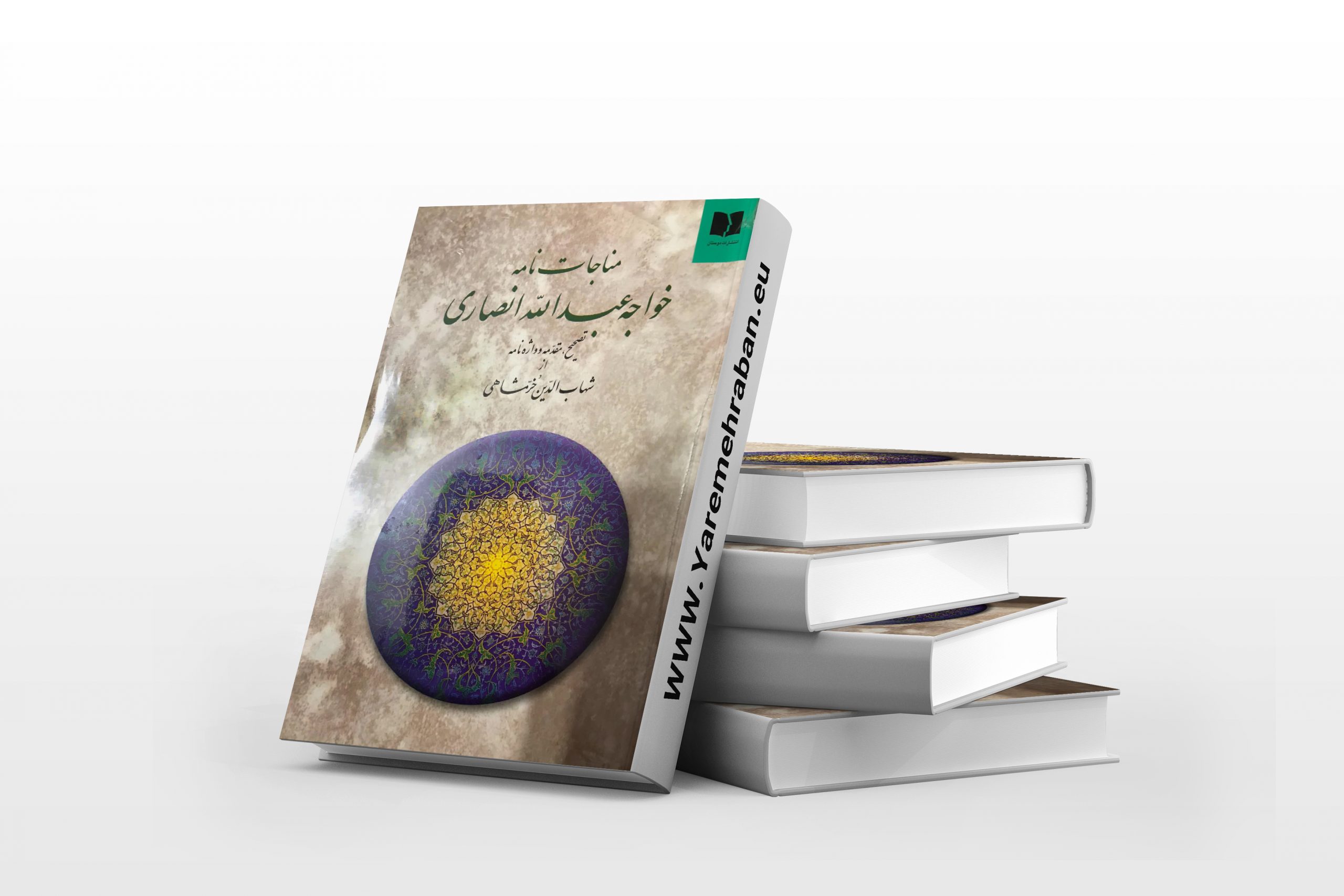
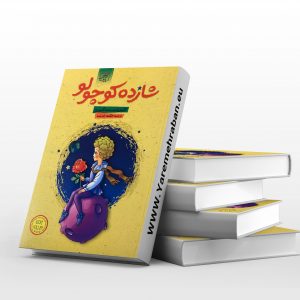
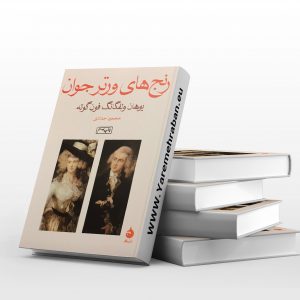
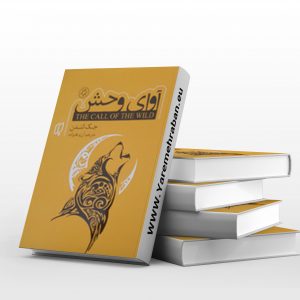
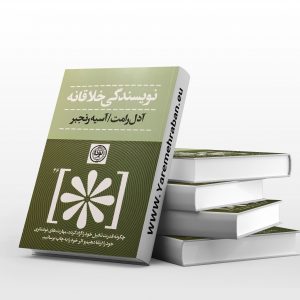
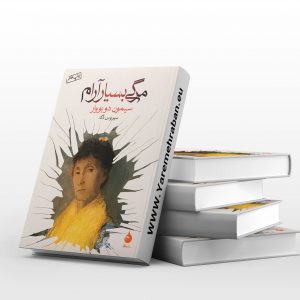
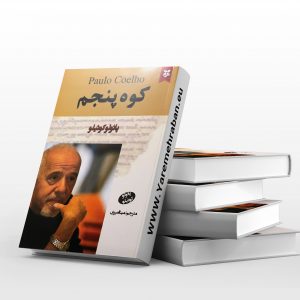
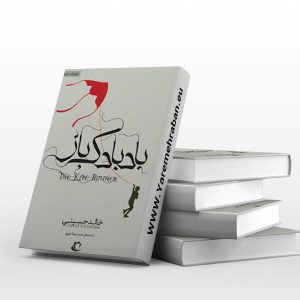
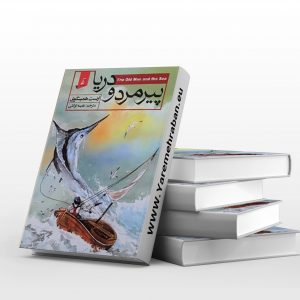
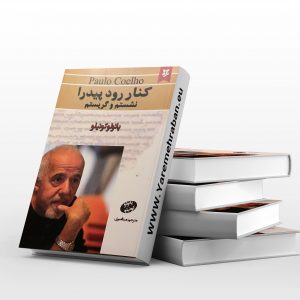
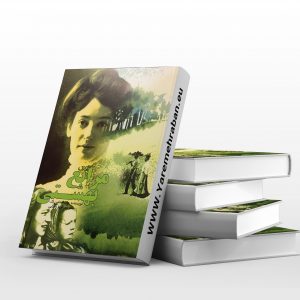
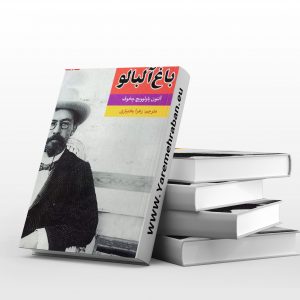
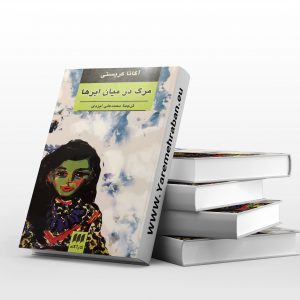
Reviews
There are no reviews yet.